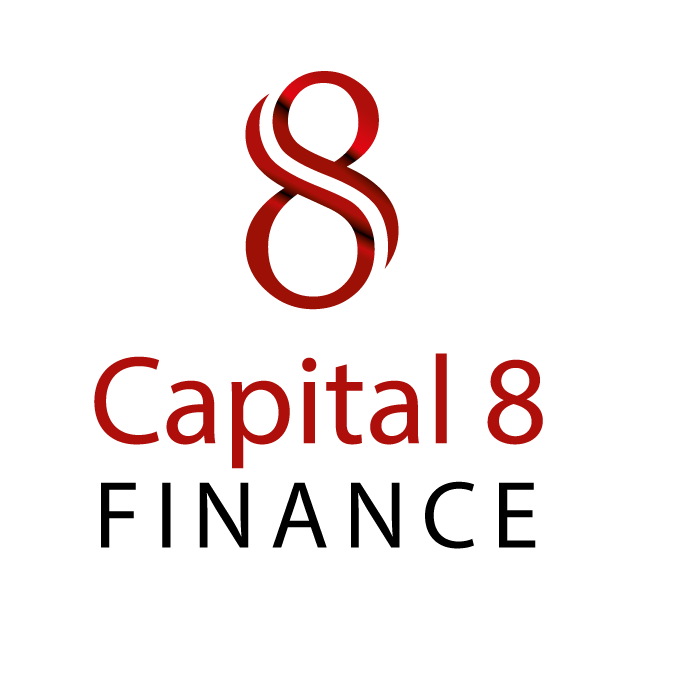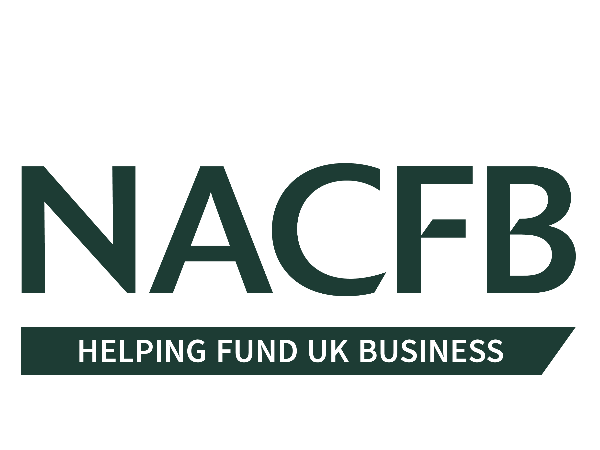When a Broker acts for a Client it is standard practice for the firm to receive a percentage of the Arrangement Fee / Lenders set up fee that is charged by the lender. The percentage paid to a Broker is usually 50% of the lenders fees charged. This will be in addition to any commission which is due on any insurance / protection products purchased.
Depending on the type of financial product taken, a Broker fee of 1% of the finance amount taken may also be payable. Our initial meeting is always free of charge and we will endeavour to get you Indicative Terms so you can see what the terms and conditions are likely to look like. If you decide to proceed we will then ask you to sign a Broker Fee agreement and will advise you in advance what the Broker Fee will be and whether a commitment fee will be required. Any Broker Fee agreed becomes due for payment on production of a full offer of finance although on we may agree to wait until completion for payment if that is your preference. However, it should be noted that once the full offer is produced the Broker fee will be payable in full whether the case completes or not.
ERC stands for “Early Repayment Charges” generally applied on longer term Commercial Mortgages ( to protect the lenders anticipated margin on the deployment of the funds) if the loan is redeemed in the early years. Many lenders will charge ERC’s up to a three or five year point in the loan usually on a reducing scale but these can be as high as 5% of the mortgage amount if a facility is repaid in year 1.
There are no fees to pay to secure ‘ Indicative Terms’ from the mortgage provider – we offer this service free of charge. Once the Indicative Terms are accepted by the client it will then be necessary to gather the further information needed for the full application to be submitted and also schedule and pay for any valuation report(s) needed by the underwriter.
After the valuation reports confirm a positive and viable loan proposition the lender will issue the formal offer subject to legal due diligence. Some lenders will require their own legal costs to be covered by the client though it may be possible for the clients / lenders solicitor to represent both parties. In addition to the interest charged on the mortgage or development loan there will generally be a set up fee of between 1% and 3% of the loan.
Depending on the type of product taken, a Broker Fee for acting on your behalf to obtain the finance is usually charged at a rate of 1% of the amount to be borrowed. This becomes payable once we have obtained the full finance offer for you post underwriting and valuation. If you would like to defer the payment until the finance transaction completes to assist with your cashflow we can potentially consider this on a case by case basis but if the transaction subsequently falls through the Broker fee will still be payable to us in that event. We will always advise you of the exact Broker fee to be charged once we have obtained indicative terms and if a commitment fee is to be charged on our appointment this will be fully disclosed to you before you proceed.
When an underwriter is assessing a mortgage application the key criteria is the applicants ability to afford the loan repayments – sometimes also referred to as a ‘stress test’. Many mortgages will offer an ‘easy start’ period on interest only terms but most mortgage lenders wish to see both capital and interest repaid thereafter. In assessing your ability to repay the loan the underwriter will look at business income / profits via any accounts held and any other sources of confirmed income that you have. In situations where you are renting business premises and wish to purchase a freehold property (perhaps as a sitting tenant) then the rent you pay will be assessed as an ‘add back’ when looking at the overall position.
In general terms yes. If you are buying a business trading from freehold premises we will obtain a professional report to verify the overall value of the business goodwill etc which is sometimes referred to as ‘market value’ or MV1. Subject to satisfactory confirmation it is usually possible to secure an advance against the overall business valuation. Where the purchase of a trading business also includes machinery, vehicles equipment, stock etc. it is generally more appropriate to structure a separate loan to acquire these assets on a short- term lease or stock finance arrangement.
With a Property Development loan much depends on the type of project being undertaken, the overall borrowing requirement and the anticipated profit margin that project will generate. In addition the proven experience of the developer, their financial standing and / or the proposed contractor will also count heavily towards the underwriting decision.
There are no hard and fast rules and each case will be assessed on merit. In general terms we advise our clients to be prepared to deposit circa 25% to 30% of the property or business value. ie a LTV in the range 70-75%. Mortgages for pubs will generally be limited to 60% to 65% LTV due to the higher risks associated with this sector of the market. Sitting tenants can often secure a higher advance.



